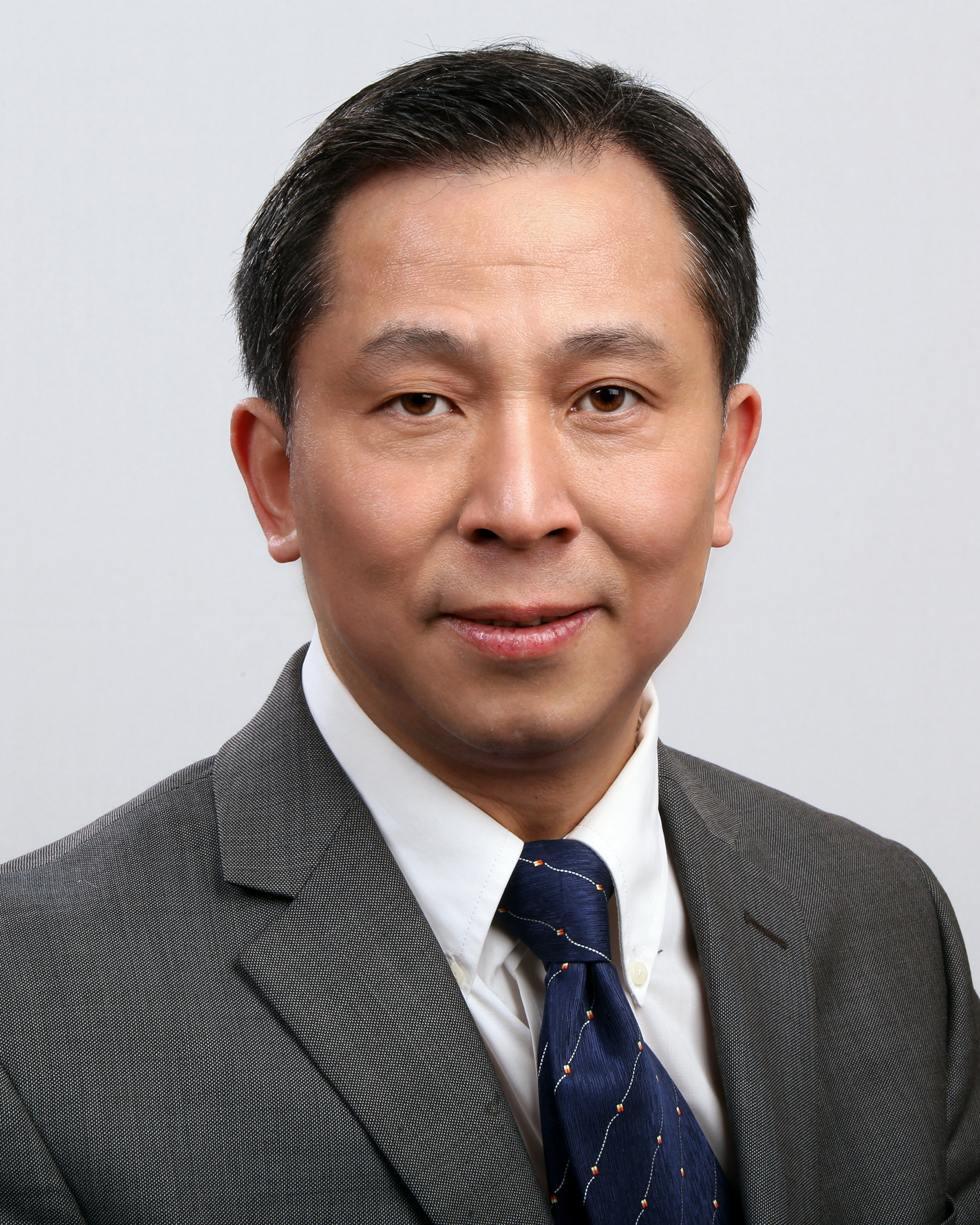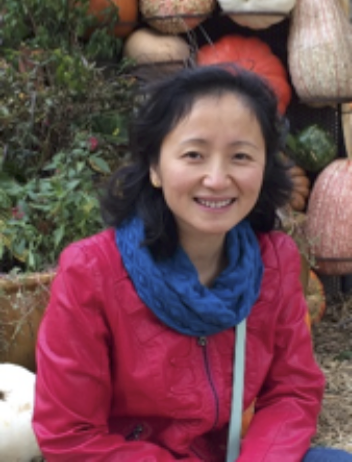Gold Sponsors
Bronze Sponsors
Organization
- General Co-Chairs
- Varun Chandola (SUNY Buffalo)
- Ranga Raju Vatsavai (NCSU)
|
Welcome to BigSpatial 2015
Keynotes
Title: What We Know from Where You Go
Speaker: Dr. John Krumm, Microsoft Research
Abstract: We can learn a lot about people from the places they go. With more smartphones comes more location data that researchers have analyzed to derive interesting insights into human behavior. This talk will examine some of this research, starting with fundamental models of human mobility, including whether or not models of animal movement are applicable to people. We will look at how peoples’ movements throughout the day give clues about which types of places they are visiting, such as their home, work, and school. These movements also give insights into how far people are willing to travel to different types of places and the routes they prefer. Other work has shown how to go from recorded location data to surprisingly accurate predictions of where people will travel in the future, both over the next several minutes as well as the next several weeks. We will show how what we learn from mobility patterns can be applied to automated personal assistants, local search, and routing.
 |
Speaker Bio: John Krumm graduated from Carnegie Mellon University in 1993 with a PhD in robotics and a thesis on texture analysis in images. He worked at the Robotics Center of Sandia National Laboratories in Albuquerque, New Mexico for the next four years. His main projects there were computer vision for object recognition for use in robots and vehicles. He has been at Microsoft Research in Redmond, Washington, USA since 1997, and is currently a principal researcher. His research focuses on understanding peoples' location and how to use that information to benefit the user. He holds 53 U.S. patents. Dr. Krumm was a PC chair for UbiComp 2007, ACM SIGSPATIAL 2013, and ACM SIGSPATIAL 2014, served on the editorial board of IEEE Pervasive Computing Magazine and as a coeditor in chief for the Journal of Location Based Services. He currently serves on the editorial board of the Journal of Location Based Services and as an associate editor for ACM Transactions on Spatial Algorithms and Systems.
|
Title: Big Data Analytics in Mobile Environments
Speaker: Prof. Hui Xiong, Rutgers University
Abstract: TBA
 |
Speaker Bio: Dr. Hui Xiong is currently a Full Professor and the Director of Rutgers Center for Information Assurance at Rutgers, the State University of New Jersey, where he received a two-year early promotion/tenure (2009), the Rutgers University Board of Trustees Research Fellowship for Scholarly Excellence (2009), and the ICDM-2011 Best Research Paper Award (2011). Dr. Xiong received his Ph.D. in Computer Science from the University of Minnesota (UMN), USA, in 2005, the B.E. degree in Automation from the University of Science and Technology of China (USTC), China, and the M.S. degree in Computer Science from the National University of Singapore (NUS), Singapore. His general area of research is data and knowledge engineering, with a focus on developing effective and efficient data analysis techniques for emerging data intensive applications. He has published prolifically in refereed journals and conference proceedings (3 books, 60+ journal papers, and 80+ conference papers). He is the co-Editor-in-Chief of Encyclopedia of GIS by Springer, and an Associate Editor of IEEE Transactions on Knowledge and Data Engineering (TKDE), ACM Transactions on Management Information Systems, as well as IEEE Transactions on Big Data. He has served regularly on the organization and program committees of numerous conferences, including as a Program Co-Chair of the Industrial and Government Track for the 18th ACM SIGKDD International Conference on Knowledge Discovery and Data Mining (KDD), a Program Co-Chair for the IEEE 2013 International Conference on Data Mining (ICDM-2013), and a General Co-Chair for the IEEE 2015 International Conference on Data Mining (ICDM-2015). He is an ACM Distinguished Scientist.
|
Title: Big Data Driven, Dynamic, and Smarter Urban Transportation Systems
Speaker: Prof. Yan Huang, University of North Texas
Abstract: Urban traffic gridlock is a familiar scene. With the ubiquitous availability of location enabled mobile devices and wireless communication, the time is ripe for a big data driven, dynamic, and smarter urban transportation system. In such a system, vehicles, users, and infrastructures interact with each other and are informed in real-time. They collaborate to avoid Matthew Effect; form seamless traffic flow; allow alternative and convenient means of transportation; and enable realtime ridesharing. In this talk, we present our efforts towards realizing such a system. Specifically, we describe our efforts in analyzing taxicab datasets to reduce cruising and live mileage ratio of taxicabs, identifying alternative transport models, and building a large scale real-time ridesharing system.
 |
Speaker Bio: Yan Huang received her B.S. degree in Computer Science from Peking University, Beijing, China, 1997 and Ph.D. degree in, Computer Science from University of Minnesota, USA, 2003. She is currently a professor of the department of the Computer Science and Engineering at the University of North Texas, Denton, TX, USA. Her research interests include spatio-temporal databases and mining, urban computing, geo-stream data processing, and location-based social networks. She has been a visiting scholar of Microsoft Research Asia May – August 2011. During Fall 2011, she visited Fudan University, China. Currently, she is on the Board of Directors of The SSTD Endowment (2014-2019), is on the organization committee of GeoComputation 2015, is the General Chair of ACM SIGSPATIAL 2014 and 2015, and was on the Executive Board of ACM SIGSPATIAL (2010-2014). She received Distinguished Service Award from ACM SIGSPATIAL in 2010. Her research has been/is supported by Texas Advanced Research Program (ARP), Oak Ridge National Lab, National Science Foundation, Texas Department of Transportation, and U.S. Department of Defense.
|
|







